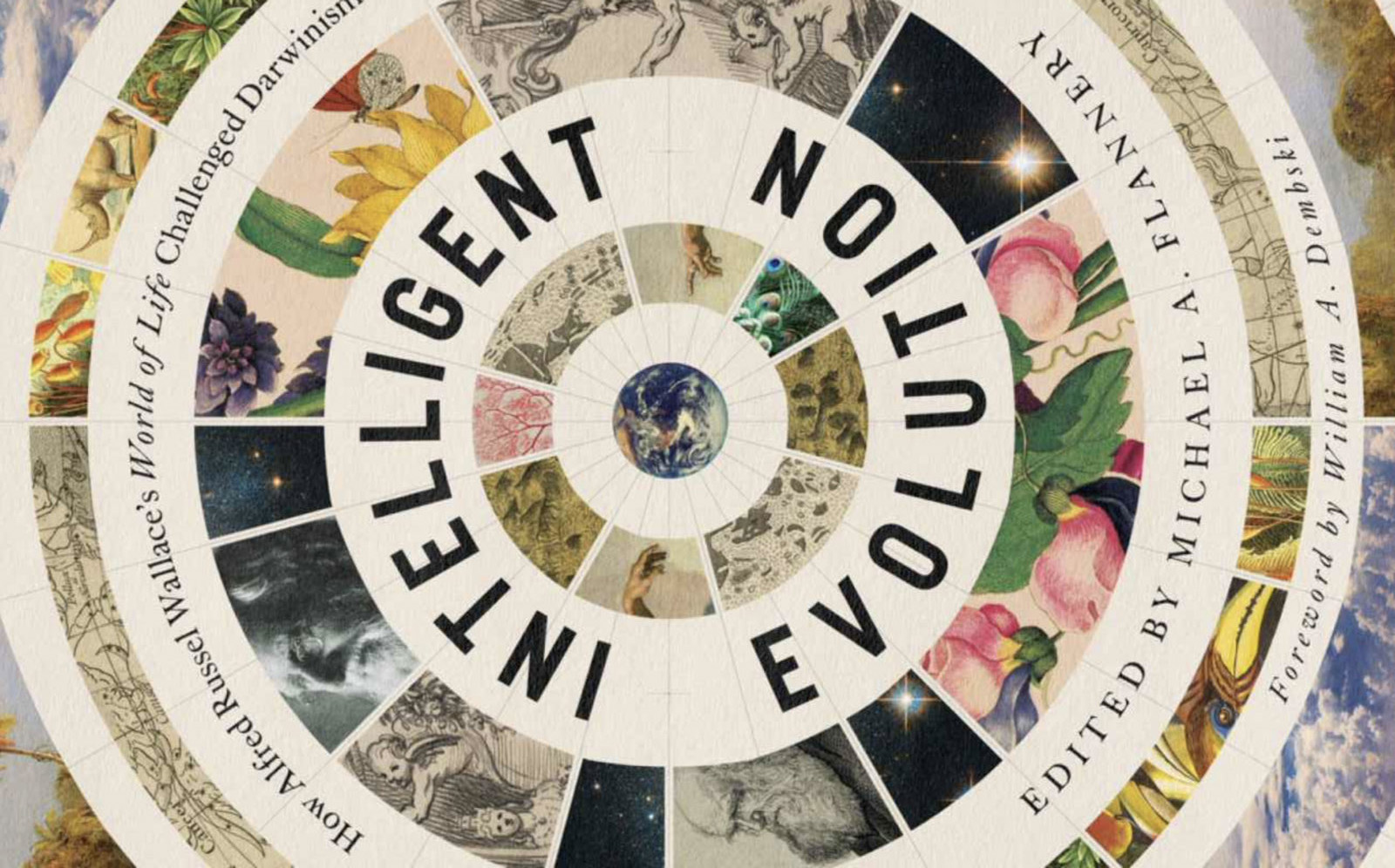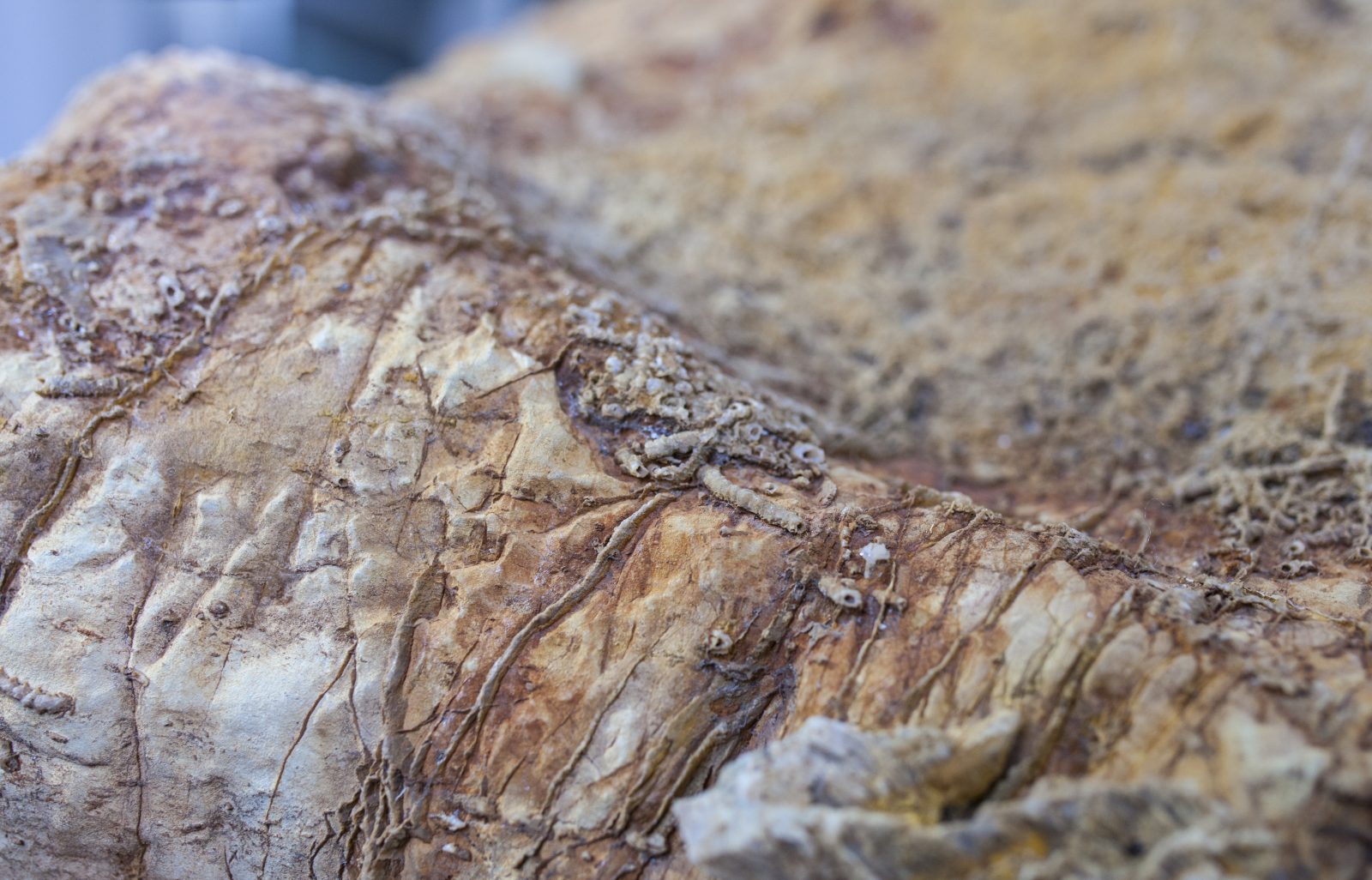
Richard Weikart Reviews New Book on Social Darwinism
In today’s ID the Future historian Richard Weikart (Cal State Stanislaus) dissects a new Cambridge University Press book on social Darwinism by Jeffrey O’Connell and Michael Ruse. Weikart, author of Hitler’s Ethic, From Darwin to Hitler, Hitler’s Religion, and The Death of Humanity,* says that a major shortcoming of the new book is the authors’ attempt to put as much distance as possible between Darwin and eugenics thinking, and between Darwin and Hitler. The new book paints Darwin follower Herbert Spencer as the eugenics-championing bad guy and posits that Darwin and Darwinism had little or no influence on Hitler’s warped master race ethic. Weikart patiently highlights some key evidence to the contrary, statements front and center in Hitler’s writing. Did Darwin cause Hitler? No. Would Darwin have approved of Hitler? Almost certainly not. But according to Weikart, Darwin’s own racist and pro-eugenics thinking, combined with some implications of his theory that he himself explicitly surfaced, manifestly did lay the groundwork for Hitler’s diabolical outlook on “the master race,” “the struggle for life,” war, and eugenics. *As an Amazon Associate, Discovery earns from qualifying purchases.








